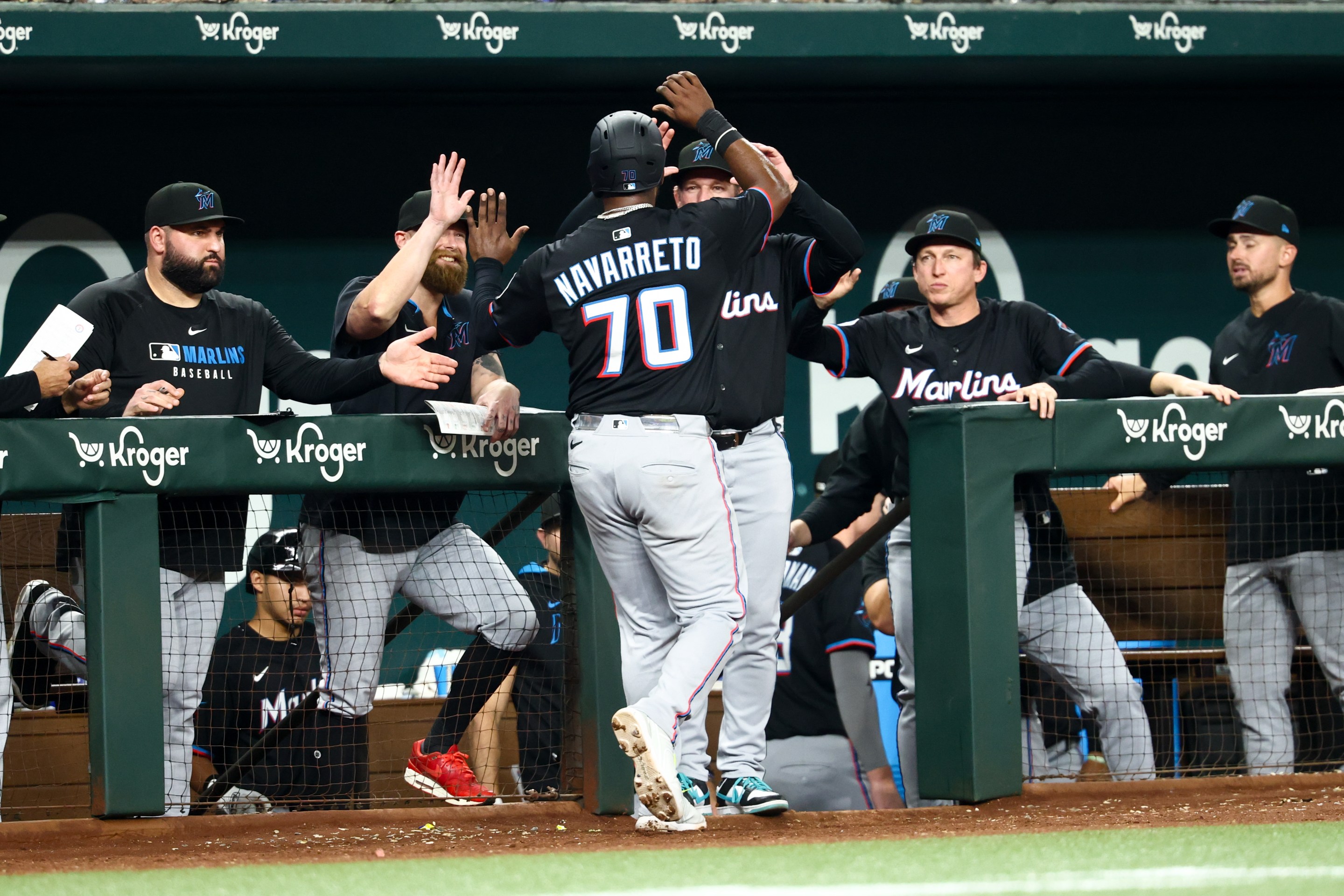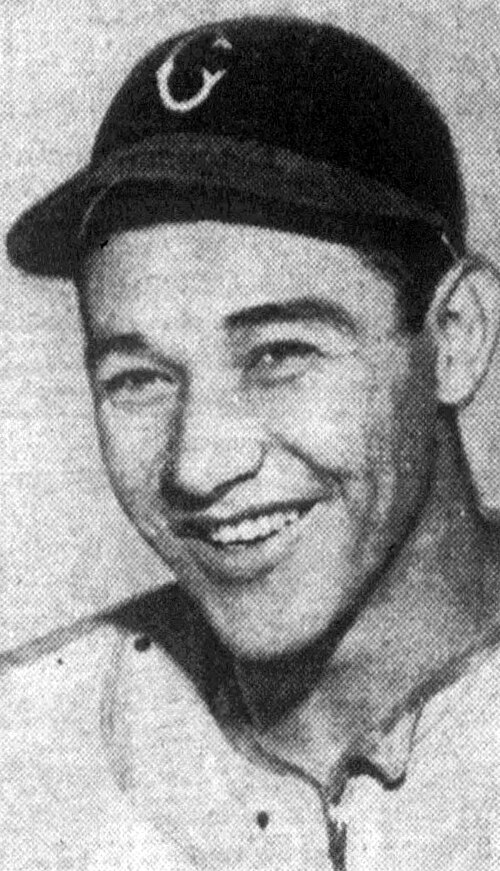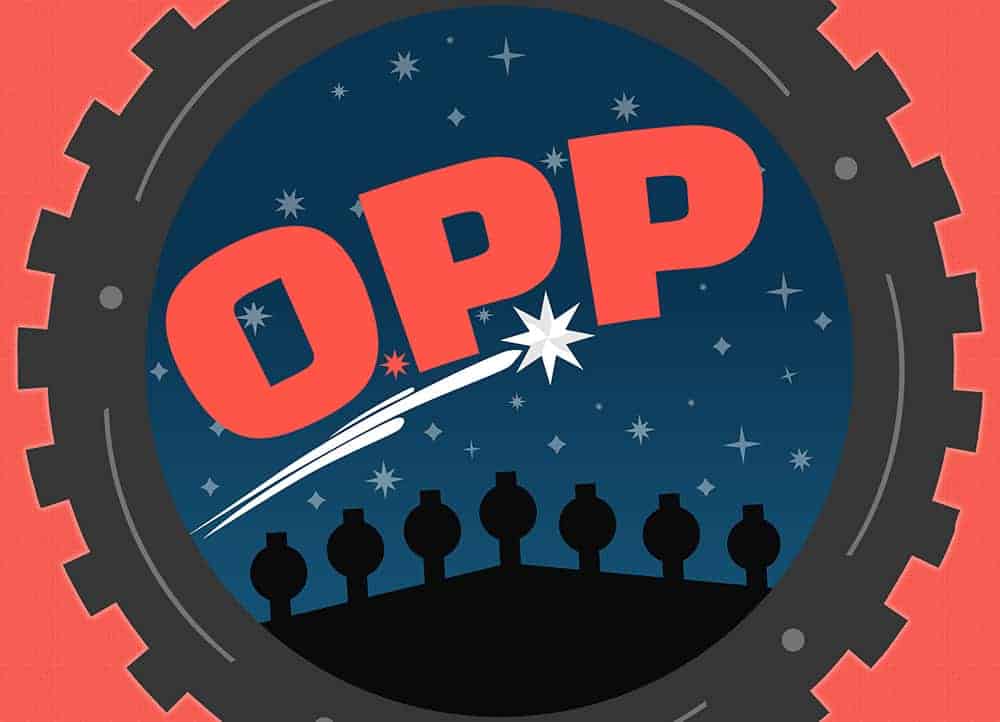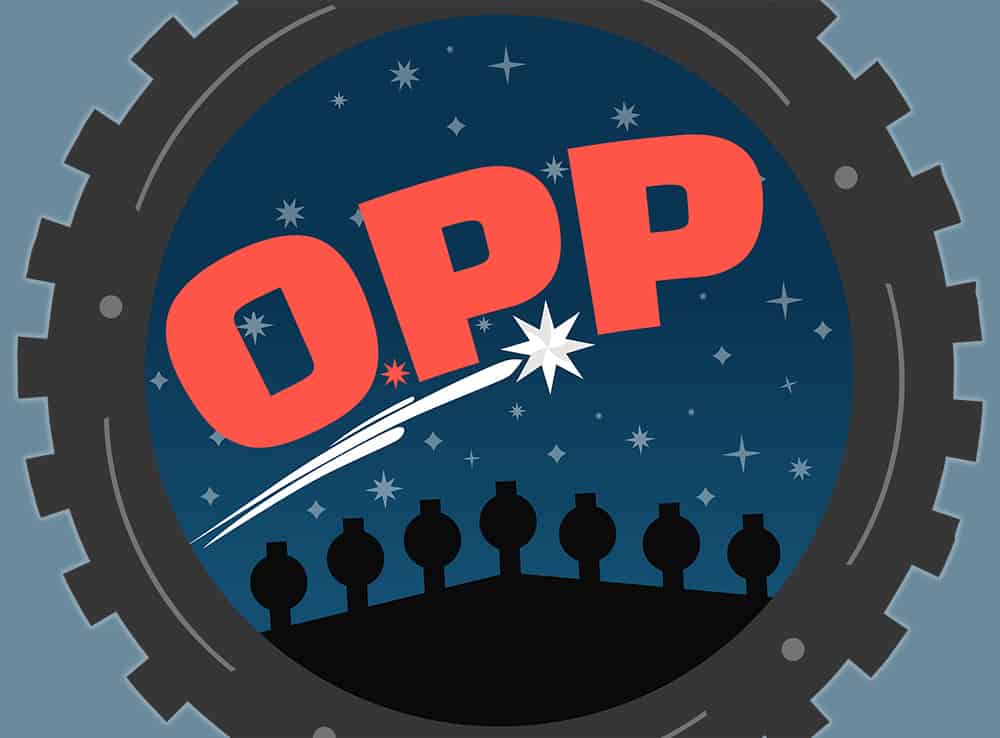While Major League Baseball effectively defied "sticks and stones" and said words did more harm than assault with its punishments for Tim Anderson and Brad Keller in April, the inherent unfairness in the purpose pitch did register on the league's radar after all.
If it didn't, home plate umpire Mark Carlson wouldn't have tossed Royals starter Glenn Sparkman for clipping the bill of Anderson's helmet with a changeup Wednesday night. But given the history of the Royals obviously throwing at Anderson and denying it afterward -- well, except Hunter Dozier -- whichever umpires called this series would have been faced with three decisions, and none of them were good:
- Let the initial reaction cool down, then play on.
- Issue warnings to both benches.
- Throw out Sparkman.
No. 1 would have set the stage for White Sox retaliation. After the game, neither Anderson nor Rick Renteria thought Sparkman's pitch was intentional, but maybe Reynaldo López thought it had malice. Or maybe López would retaliate regardless of what he really thought, because it was simply too close to Anderson's head when the Royals already made him a marked man. The unwritten rules are hard to read.
No. 2 would have been unfair to the White Sox, as they might've had their freedom to miss inside taken away when they were the ones hit. They were already punished more severely than the Royals the first time around, which was ridiculous enough.
No. 3 is unfair to Sparkman, but that's about it. I don't think he meant to miss that close to Anderson's head, especially with a changeup, and if he were wearing any other uniform he would've been allowed to play on. But Carlson's call wasn't especially unfair to the Royals as a whole, because they backed Keller assaulting Anderson, and baseball's appeals process allowed them to pick a way to not be inconvenienced. Now they were.
I don't think Carlson's crew read John Stuart Mill before the game and decided utilitarianism was the way to go. Mapping it out, it's more likely they figured giving Kansas City no benefit of the doubt regarding Anderson is the way to make White Sox-Royals games safer.
Ned Yost said the Royals wouldn't throw at Anderson's head:
“Coming into this series, we had no animosity toward that young man,” Royals manager Ned Yost said of Anderson. “None. And to think that we’re gonna hit him on purpose is ludicrous, one, and two, it was a changeup.
“It was forgotten. He had done his part, we had done our part. It was over.”
But since I'm in the list-making mood, Yost gets two things wrong here:
No. 1: Ned Yost is not a credible source when it comes to identifying the intent of his pitchers.
Back when Keller drilled Anderson on April 17, here was Yost's response:
It’s worth noting that the company line uttered by Royals manager Ned Yost, Maldonado and Keller was that the pitch that hit Anderson “got away” from Keller as he tried to pitch inside.
Yost’s response to a question about Keller’s actions was, “What, that a pitch got away from him?”
If you make the choice to play dumb, you shouldn't count on getting the choice to play smart. I suppose that's another way Carlson's decision was more just than it feels.
No. 2: It takes two to forget something.
By saying about the previous clash "it was forgotten," he attempted the establish a universally understood position on the strength of past tense and passive voice. That's a bold move, because here's how it sounds:
"Remember the time when I sucker-punched you and the cops intervened before you could punch me back? Then you were fined for calling me a name? Let's call it even."
Anderson is the one who gets to decide whether it was forgotten, and it sounds like he's not going to let it go anytime soon:
That's his right, and one that feels reasonable to exercise considering Wednesday was his first game against the Royals since Keller drilled him. It could run the risk of getting ridiculous if it carries over years from now, but we'll cross that bridge when we get to it.
Anderson did his part to let the Royals wear it. He stood his ground and glared at Sparkman, but he let the umpire escalate the matter and accept the blowback. He also delivered the game-winning hit, which made Renteria's Venturian pitch management worth the headache.
While I can see pushing and shoving in future Sox-Royals games, it won't stem from a lack of oversight by umpires or the way the White Sox conducted themselves here. It felt like a balance of justice was achieved in ways large and small, at least for one night. That might not make Royals broadcaster Ryan Lefebvre happy ...
... but nothing makes Ryan Lefebvre happy.





